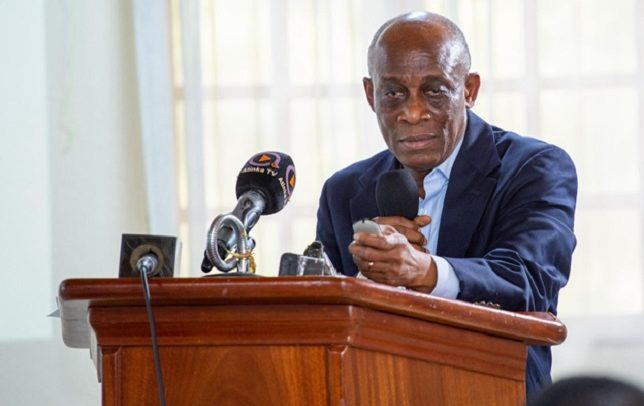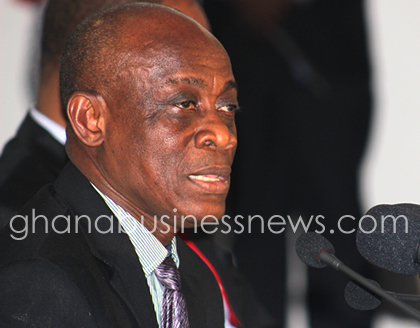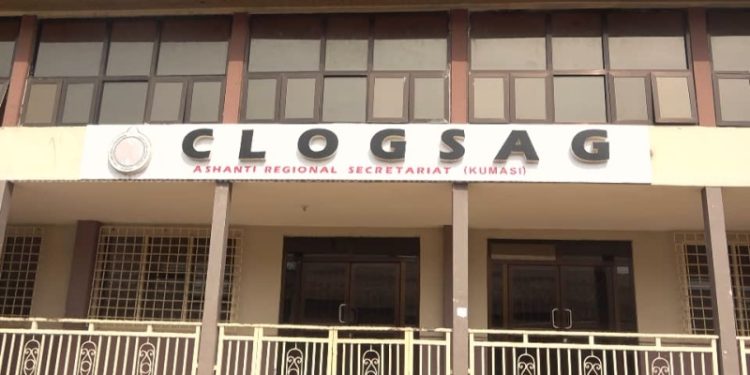
He explained that the Energy Sector Levy which formed part of the restructuring of debts to banks, while he was Finance Minister, helped stabilize some of the financial institutions in the country.
Speaking on Citi TV’s Point of View, Mr. Terkper said “the impression that nothing was done [is wrong].”
“Measures were put in place. Yes, criminality and other things were taking place but in terms of the health of the banking sector, there were flows of nearly GH¢2 billion that had been sitting for over a year after a term sheet was presented,” he said.
He indicated that the NDC government had secured loans to assist some of the struggling banks while it was in office.
Ghana’s banking sector is currently in crisis after seven local banks collapsed within 12 months. The banks are UT and Capital Bank, both of which has been taken over by the state’s GCB Bank.
The others are Beige Bank, Sovereign Bank, Construction Bank, uniBank, and Royal Bank, all of which has been consolidated into Consolidated Bank of Ghana.
The decision to collapse all the banks were primarily because they had all become highly insolvent as a result of various reasons including poor corporate governance.
Many are accusing the previous government of superintending over the rot that eventually led to the collapse of the banks especially as all major reports on the state of the collapsed banks indicated that the challenges of banks predated the current government.
But while Seth Terkper admits to the previous government’s failure to sanction banks and officials whose actions bothered in criminality, he insisted that their efforts helped some of the banks to perform creditably.
Read Full Story


























Facebook
Twitter
Pinterest
Instagram
Google+
YouTube
LinkedIn
RSS